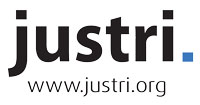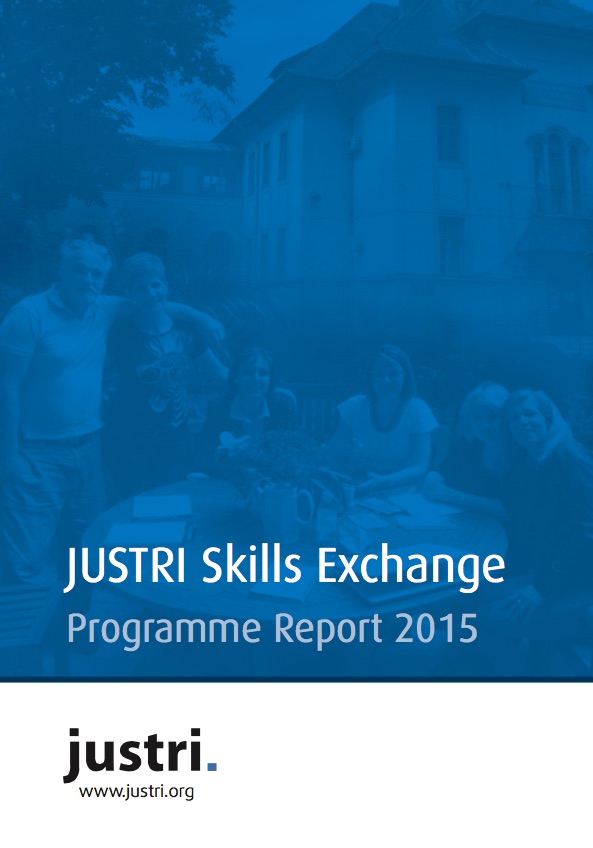JUSTRI SKILLS EXCHANGE PROGRAMME
This is the latest Skills Exchange Report. To view click on the image below. To save right click over image and select “save link as” or “save target as” (browser dependent) and than choose a place to download to your computer.
Project Overview
This programme will organize bilateral Skills Exchanges between UK based healthcare professionals, working with HIV, viral hepatitis and tuberculosis, with those based in the countries of South East Europe (SEE) and Middle East and North Africa (MENA) during 2014-15. A pilot has been underway for two years and has already provided valuable learning experiences for doctors, pharmacists, nurses, and laboratory professionals, wish to extend and develop this programme to improve the opportunities for learning, practice development, research and skills sharing which are the core principles of these Skills Exchanges.
We also hope that these exchanges can then kick-start and promote more cross-country work. In fact this has already happened where after 3 JUSTRI laboratory exchanges there is now a Balkan HIV and viral hepatitis laboratory working group, hosted from Bucharest which held its first cohesive meeting this month, in addition our NURSETRI meeting for 50 nurses to be held later this month in Belgrade was a direct result of the visit of the chief nurse there to London last year.
Project Detail
Rationale for the project
Sharing experiences and learning from one another is the bedrock of capacity building and improving skills of all healthcare professionals. JUSTRI has undertaken a lot of work in the past 5 years in these regions which run from Hungary and Romania throughout the Balkans to Greece and Malta, with some allied countries in the Middle East and North Africa, these activities are reported on this website.
What we have constantly been asked for is to help individuals and sometimes groups to develop their skills in a particular field, for example training for anoscopy, radiology, lab techniques, nurse capacity building, to name but a few. We have undertaken a pilot project which has been very successful at helping to improve skills and develop bridges between those who have skills and those that need them.
Practicalities
The intended audience for the programme will be: treating HIV physicians and hepatologists, allied physicians and surgeons such as gynaecologists or intensive care doctors, nurses, sexual health providers, psychologists, pharmacists, laboratory staff and any other health care professionals involved in the treatment and care and research for those with the three conditions noted above. Individuals will be paired with suitable partners in the UK and undertake one week bilateral exchanges with defined goals and objectives for learning and skills building.
JUSTRI will identify suitable candidates for exchanges and will aim to balance needs across all the disciplines wishing to undertake exchanges. We will match individuals, introduce them and help them to set a programme for the exchanges and aim for them to complete their bilateral visits within a 6 month period. JUSTRI will fund their travel, accommodation and any exchange associated expense such as visas and in-country travel.
Programme Objectives
1. To identify individuals in SEE & MENA who wish to develop particular skills
2. To match them with UK-based participant, specifically noting the similarities and differences between their respective settings
3. To use this programme to enhance areas of opportunity such as training, exchanges between service units and improvements in local guidelines and best practice
4. To look to the future possibilities of joint working, educational projects, resource development among the participants
5. To print and post reports from the exchanges at www.justri.org
Programme Learning Objectives
Upon completion of this activity, participants should be able to:
1. Utilize the experience pf the exchanges to develop specific skills which they identifies as lacking
2. Continue to interact with their exchange partner to help them and JUSTRI identify further needs for this and other programmes to further help their patients
3. Care for their patients in a holistic and focused manner in conjunction with other health care professionals via a cohesive team approach.
4. Monitor their cohort as well as individuals in a longitudinal manner to assess the outcomes and determine the needs of the patients in their clinic.
5. Source support, information and resources to help them care for their own patients.
6. Work with partners to improve healthcare models for individuals with HIV, viral hepatitis and or tuberculosis in their local settings and elsewhere, using the skills they developed through the programme.
Scientific Committee
Dr Tristan Barber
Dr Laura Waters
Dr Sanjay Bhagani
Thembi Moyo
Jane Bruton
Leonie Swaden

